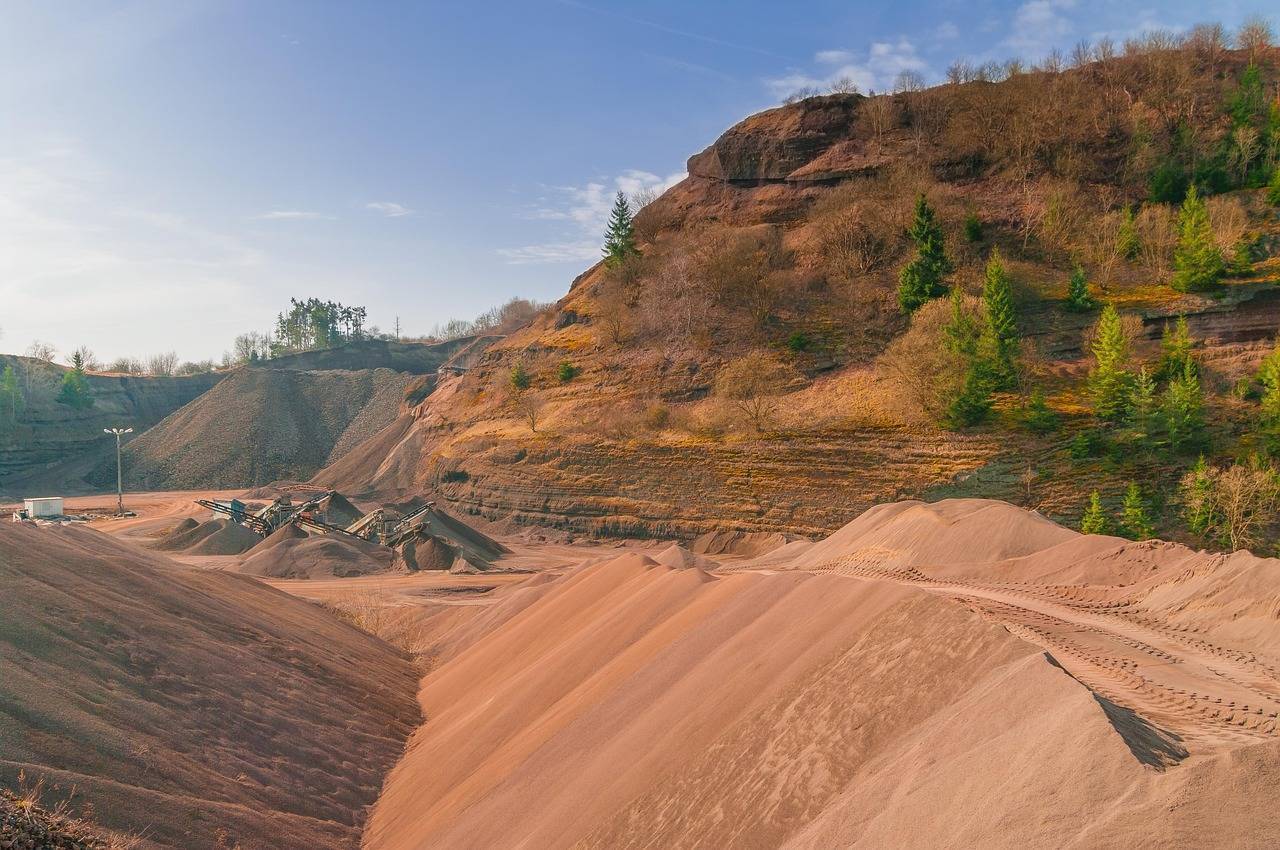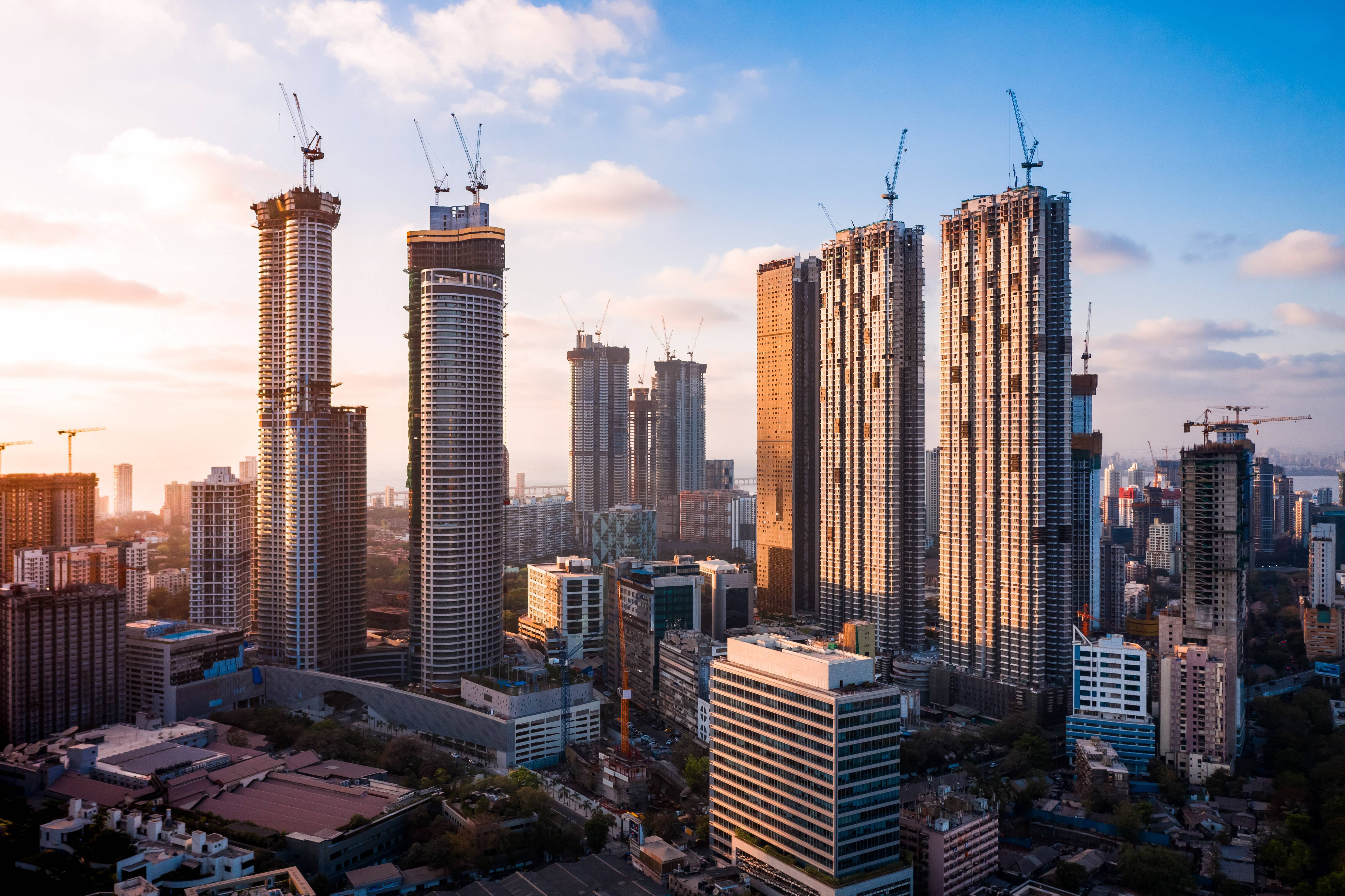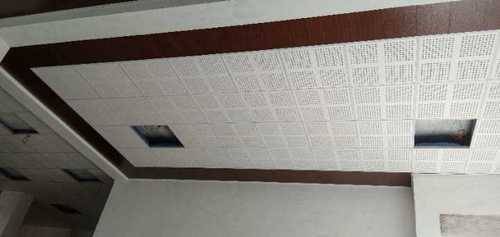In a significant development impacting the construction industry, the Tamil Nadu Stone Quarry, Crusher, and Lorry Owners Association has announced an increase in the prices of M-sand, P-sand, and jalli by ₹1,000 per unit. This hike follows a series of recent challenges faced by the association, which had initiated an indefinite strike on April 16, demanding the withdrawal of the newly imposed mineral-bearing land tax. The tax, levied by the Mines Department, came into effect on April 4 and charges ₹90 per tonne of rough boulder extracted from quarries.
This new tax is a critical factor in the price increase of essential construction materials, as it adds an additional ₹700 per unit to the cost of rough boulders. Furthermore, the revision of the seigniorage fee, from cubic meters to tonnes, has exacerbated the situation, with an additional ₹554 now charged per unit, a sharp increase from the previous ₹254. These changes have been met with resistance from the quarry owners, who argue that the new tax structure is economically burdensome.
A meeting was held with Water Resources Minister Duraimurugan and senior government officials to address the ongoing issues. Despite the association's demands, the government refused to roll back the newly introduced tax and fee hike. Instead, the government allowed the quarry owners to pass on the price increases to consumers. This decision prompted the quarry owners to end their strike, as the government agreed to consider 22 out of their 24 demands, signaling a partial resolution to the impasse.
The price hikes, however, are expected to have a ripple effect on the broader construction sector. Arvind Kumar, president of the district chapter of the Confederation of Real Estate Developers' Associations of India (CREDAI), expressed concerns that the steep increases in prices of M-sand, P-sand, and jalli will significantly impact construction costs. For instance, the cost of M-sand, which was ₹4,900 per unit in November, has surged to ₹6,450, while P-sand prices have risen from ₹5,800 to ₹7,552 per unit. Similarly, the cost of jalli has escalated from ₹3,900 to ₹5,523 per unit.
Kumar highlighted that these consistent price hikes over the past six months have made it increasingly difficult for ongoing projects to remain within budget. Contractors and developers are now facing rising material costs that threaten the financial viability of many construction ventures. He emphasized that CREDAI is planning to approach the government to regulate these price increases, urging the state to take steps to control the rising costs of essential building materials.
Local Impact and Strain on Contractors
Ramyaa R Senthil, president of the Coimbatore Builders and Contractors Association, also raised alarms about the abnormal increase in material prices over the past year. She criticized the state government's stance, which has allowed these price hikes to continue unchecked. According to her, instead of addressing the issue and implementing price controls, the government has inadvertently permitted the escalation of building material prices, further straining contractors who are already grappling with tight profit margins.
The price increase is particularly concerning for small and medium-scale contractors, who often operate on fixed-price contracts and are now forced to absorb the additional costs or pass them onto clients. This situation has led to widespread dissatisfaction within the construction community, as many contractors fear that these rising costs will ultimately delay project timelines and inflate budgets.
The ongoing price hikes are not just a short-term concern but a potential long-term challenge for the construction industry in Tamil Nadu. With the continued rise in the cost of key materials like sand, builders and developers may need to revise their business strategies. Some may seek alternative sources for raw materials, while others might invest in new technologies that reduce their dependence on expensive sand and gravel.
Moreover, these price increases could lead to a slowdown in the pace of infrastructure development in the state. With higher construction costs, many real estate developers might postpone or scale down planned projects, especially in the residential and commercial sectors. Additionally, the price rise could discourage new investments in infrastructure, as developers weigh the financial risks of escalating costs.
While the government's decision to allow the price hikes to be passed on to consumers may have provided a temporary resolution to the strike, the long-term effects on the construction industry remain uncertain. Builders, contractors, and developers are now left to navigate the financial implications of these increased costs, which threaten to drive up the overall price of construction projects in the state.









.png)